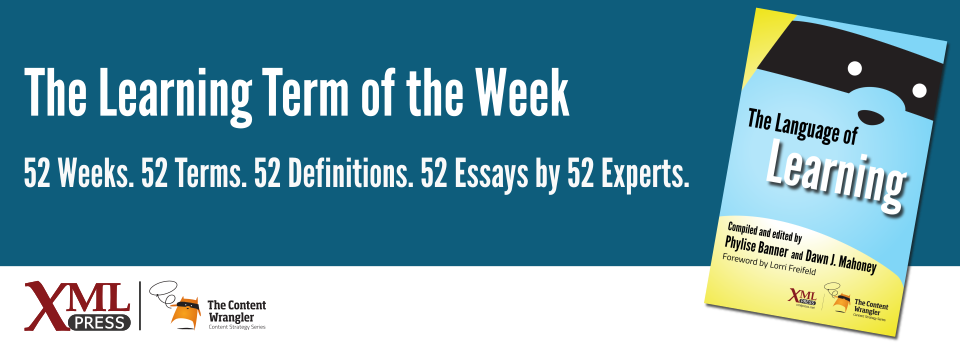What is it?
A learning theory that conceptualizes learning processes in terms of how the mind receives, organizes, codes, transforms, stores, rehearses, and retrieves information. Learning occurs when information is stored in memory in a meaningful and retrievable manner.
Why is it important?
Cognitive processing starts with the working memory, which has a limited capacity and duration in which it can hold information. Through various methods, you can move information from working to long-term memory. Once there, you can hold that information for longer periods of time. But you can only access that information if it has been stored in a way that is easy to retrieve.
Why does a business professional need to know this?
Knowing the science can help a business professional structure a better learning experience. How information is presented, the context in which it’s presented, and even the emotions of the individual at the time can all affect learning.
Far too often there is a tendency to dump information on learners in an unstructured way. This can lead to cognitive overload, meaning the brain has no way of focusing on what’s important. If you want your communication to have an impact, take these cues from cognitivism:
- Keep topics short and focused, delivering only the most relevant information.
- Set direction for the learners by helping them know what they can expect to get from your training. This acts as an advanced organizer for sorting the new information as they take it in.
- Deliver information in a relevant context, such as a particular job setting. This helps learners tap into what they already know and add to that.
Making intentional decisions about the context, structure, and order may take extra time but doing so ensures a greater level of understanding and deeper levels of retention.
References
- (Michela 2018) Cognitivism: Michela, Esther. (2018). In The Student’s Guide to Learning Design and Research. EdTech Books.
- (Bates 2019) Cognitivism: Bates, A. W. (Tony). (2019). In Teaching in a Digital Age. 2nd ed. British Columbia/Yukon Open Authoring Platform. Open source textbook.
- (Reynolds 2018) Implications Of Learning Theories On Instructional Design: Reynolds, Jon-Erik. (March 2018). eLearning Industry.

